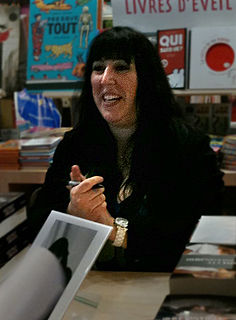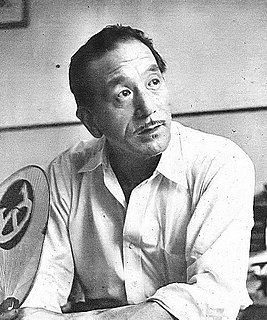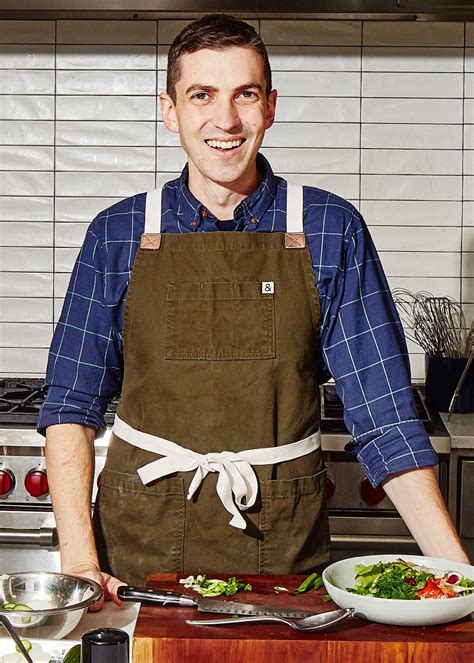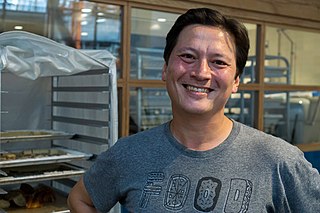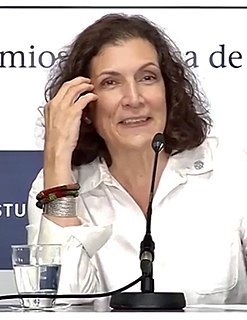A Quote by Simone Elkeles
Tofu tacos are not Mexican. I think putting tofu on anything and calling it Mexican is an insult to my people.
Related Quotes
Ninety-eight percent of all the soy that's raised goes to livestock. So people make fun of vegetarians for being tofu eaters, but no one eats tofu like steak eaters, by a long shot. It's also funny that tofu is held up as what a vegetarian eats. I mean maybe I eat tofu once a month, but other than that, never. All of it, statistically speaking, is going to livestock.
My brain still recoils at memories of the tofu stir-fries in my college co-op. A student 'cook' made them in a wok the size of a prosperous Martian's flying saucer, and, man, were they bad - steamy, crumbled bits of tofu and limp greens sloshing around in a warm bath of liquid aminos. I couldn't eat tofu for decades.
There is a heavy Mexican Catholic streak in my movies, and a huge Mexican sense of melodrama. Everything is overwrought, and there's a sense of acceptance of the fantastic in my films, which is innately Mexican. So when people ask, 'How can you define the Mexican-ness of your films?' I go, 'How can I not?' It's all I am.
Let’s get one thing straight: Mexican food takes a certain amount of time to cook. If you don’t have the time, don’t cook it. You can rush a Mexican meal, but you will pay in some way. You can buy so-called Mexican food at too many restaurants that say they cook Mexican food. But the real food, the most savory food, is prepared with time and love and at home. So, give up the illusion that you can throw Mexican food together. Just understand that you are going to have to make and take the time.
You never forget your first tofu scramble. I was in college, and it was my first meal at the student-run co-op where I would be eating for the year. It was steamy kale and mashed tofu dripping with Bragg's Liquid Aminos, served directly from the bathtub-size wok it was cooked in. It was soggy, salty, and vaguely nutritive.
I think the great Mexican cuisine is dying because there are fast foods now competing, because there are supermarkets, and supermarkets can't afford to keep in stock a lot of these very perishable products that are used for fine Mexican cooking. Women are working and real Mexican cooking requires enormous amounts of time.
